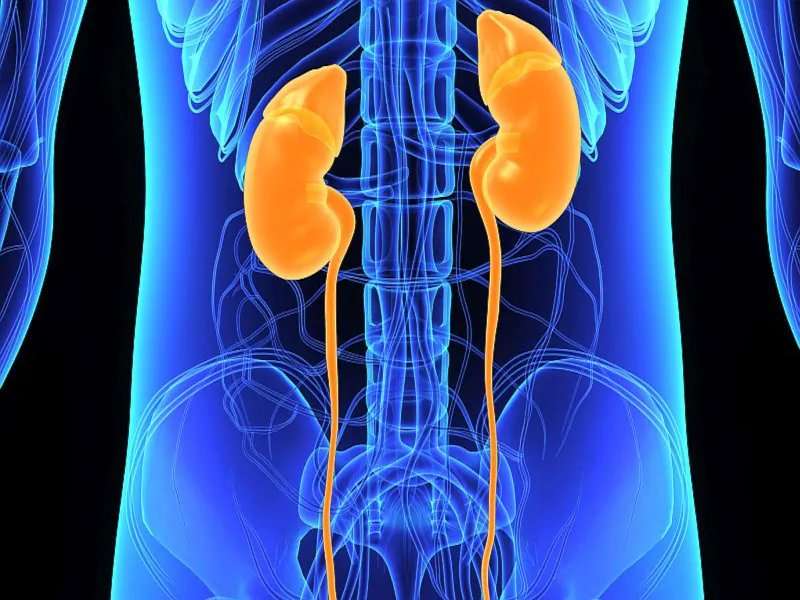Molecular subtypes linked to outcomes in acute kidney injury

(HealthDay)—Two molecularly distinct sub-phenotypes of acute kidney injury (AKI) are associated with different clinical outcomes and response to vasopressin therapy, according to a study recently published in the American Journal of Respiratory and Critical Care Medicine.
Pavan K. Bhatraju, M.D., from University of Washington in Seattle, and colleagues developed a model to identify AKI sub-phenotypes and assess whether these sub-phenotypes have prognostic and therapeutic implications. The model was then applied to 271 patients with AKI in the Vasopressin in Septic Shock clinical trial.
The researchers found that a two-sub-phenotype latent class analysis model had the best fit in both the discovery (P = 0.004) and replication (P = 0.004) cohorts. With AKI sub-phenotype 2 (AKI-SP2), the risk for seven-day renal nonrecovery and 28-day mortality was greater versus AKI sub-phenotype 1 (AKI-SP1). Compared with the Kidney Disease Improving Global Outcomes Stages of AKI, the AKI sub-phenotypes better discriminated risk for poor clinical outcomes. Including markers of endothelial dysfunction and inflammation in a three-variable model accurately determined sub-phenotype classification. Compared with norepinephrine, vasopressin was associated with improved 90-day mortality in AKI-SP1 (27 versus 46 percent; P = 0.02), but not in AKI-SP2 (45 versus 49 percent; P = 0.99).
"Identification of AKI sub-phenotypes could improve risk prognostication and may be useful for predictive enrichment in clinical trial," the authors write.
More information: Abstract/Full Text (subscription or payment may be required)
Copyright © 2018 HealthDay. All rights reserved.

















